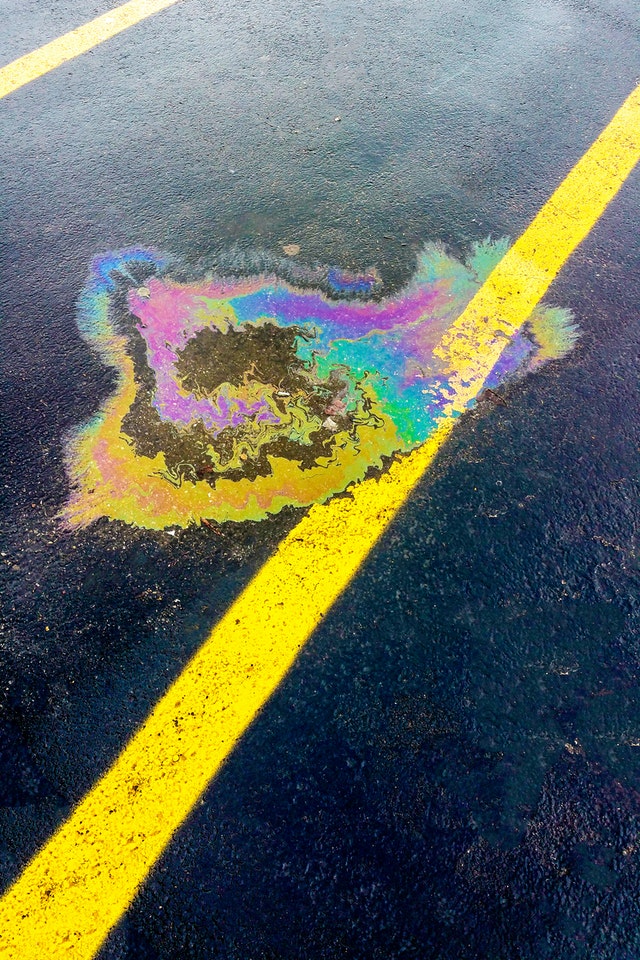
National Highways is funding a trial to test new ways to clean up spills caused by road incidents. Collaborating with the Forensic Collision Investigation Network (FCIN), they will test new clean-up techniques to enable faster re-openings while preventing damage to any forensic evidence.
When a collision or accident takes place, police investigations require a thorough forensic analysis – meaning access to treat spillages is restricted. Without quick cleanup, however, there is risk to roads and road users.
If left untreated, spillages can cause lengthy network delays and even structural damage to the road’s surface. Fluid spills, like oil or diesel, can damage the road’s surface in as little as 90 minutes, potentially requiring road resurfacing – which can mean even more network delays and increased spending.
The trial, estimated to cost more than £270,000, will use a real-world testing method; three different types of road surfaces have been installed at a site in Northampton. Here, experts will place forensic evidence, such as tyre marks and debris, alongside diesel and oil spillages to create a controlled environment.
New clean-up techniques, such as fluid-based treatments, will be tested under strict conditions to determine if spillages can be cleaned without tampering with forensic evidence.
Sian Norman, National Highways on-road service delivery manager, said: “This trial is incredibly exciting because it means we can look in detail at how some of the products work in treating spillages and what impact it might have on any forensic evidence on the road.”
Following the results of the trial, National Highways hopes to adopt new standard operating procedures across the country, meaning faster cleanups and less damage to existing road surfaces.
Stay up to speed with the latest in road safety news by checking out the Anglo Liners blog every week. Alternatively, click here for a free quote.
